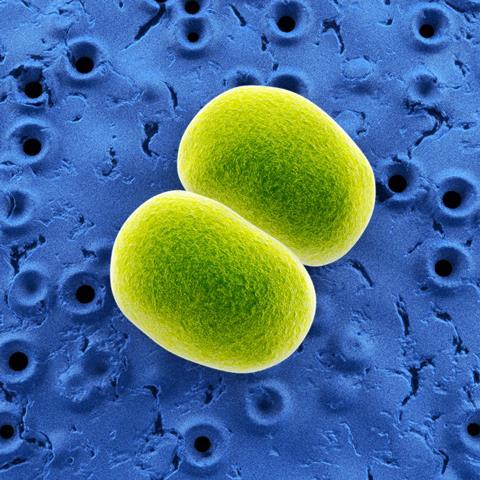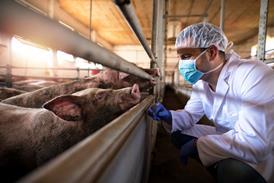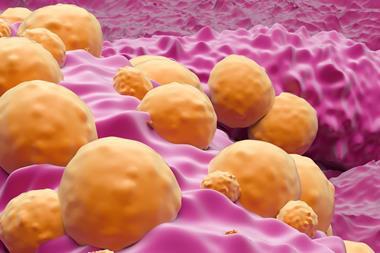
A study from Stanford Medicine has developed a promising method to treat cancer using a type of bacteria which is found on skin.
Published in Science, the research showed that genetically engineered Staphylococcus epidermidis bacteria was effective in eradicating aggressive types of metastatic skin cancer in mouse models.
The scientists genetically manipulated the bacteria to produce a tumour antigen and then applied the reformulated bacteria onto the fur of mice with cancer.
By inserting the tumour antigen (a protein unique to the tumour that stimulates the immune system) into the bacteria, the genetic changes ‘trick’ the mouse’s immune system into producing CD8 T cells which combat severe infections and cancers.
The immune response produced a consequential reduction in the rate of tumour growth, or the eradication of tumour all together.
“It seemed almost like magic. These mice had very aggressive tumours growing on their flank, and we gave them a gentle treatment where we simply took a swab of bacteria and rubbed it on the fur of their heads,” said Michael Fischback PhD, the study’s senior author and Associate Professor of Bioengineering at Stanford Medicine.
While T cells typically induce an inflammatory response in the body, the scientists found CD8 T cells derived from naturally occurring Staphylococcus epidermidis to not cause inflammation or infection in both mice with cancer and healthy mice.
Further reading
Stanford Medicine: Researchers use skin-colonizing bacteria to create a topical cancer therapy in mice
Engineered skin bacteria induce antitumor T cell responses against melanoma



























